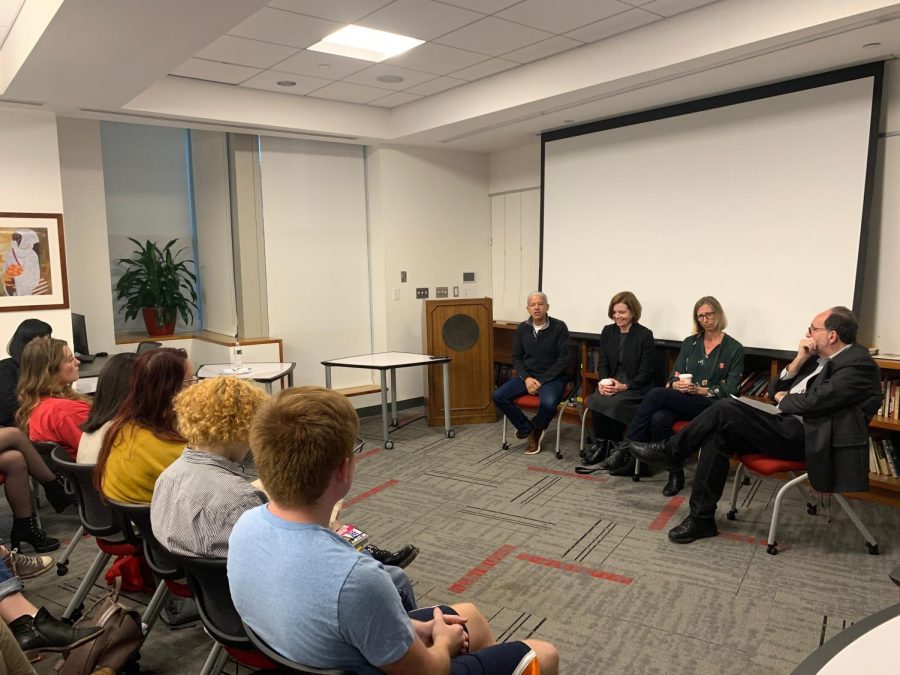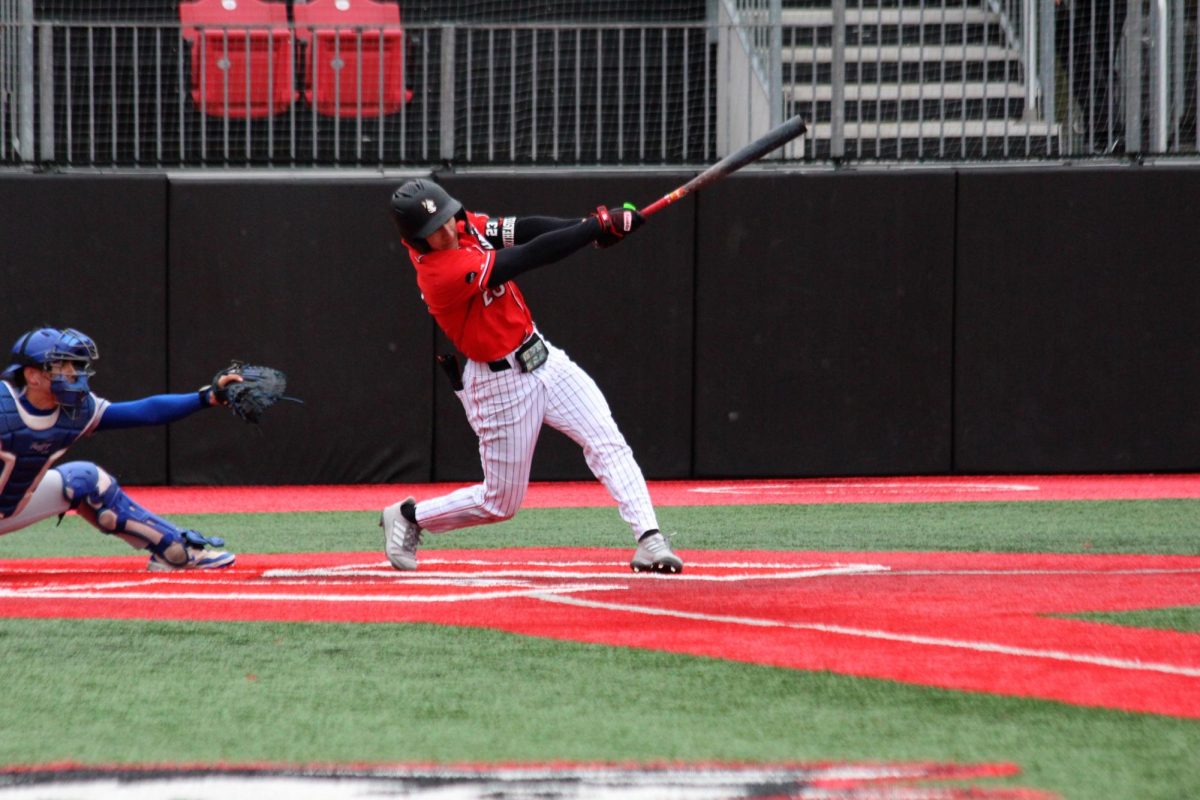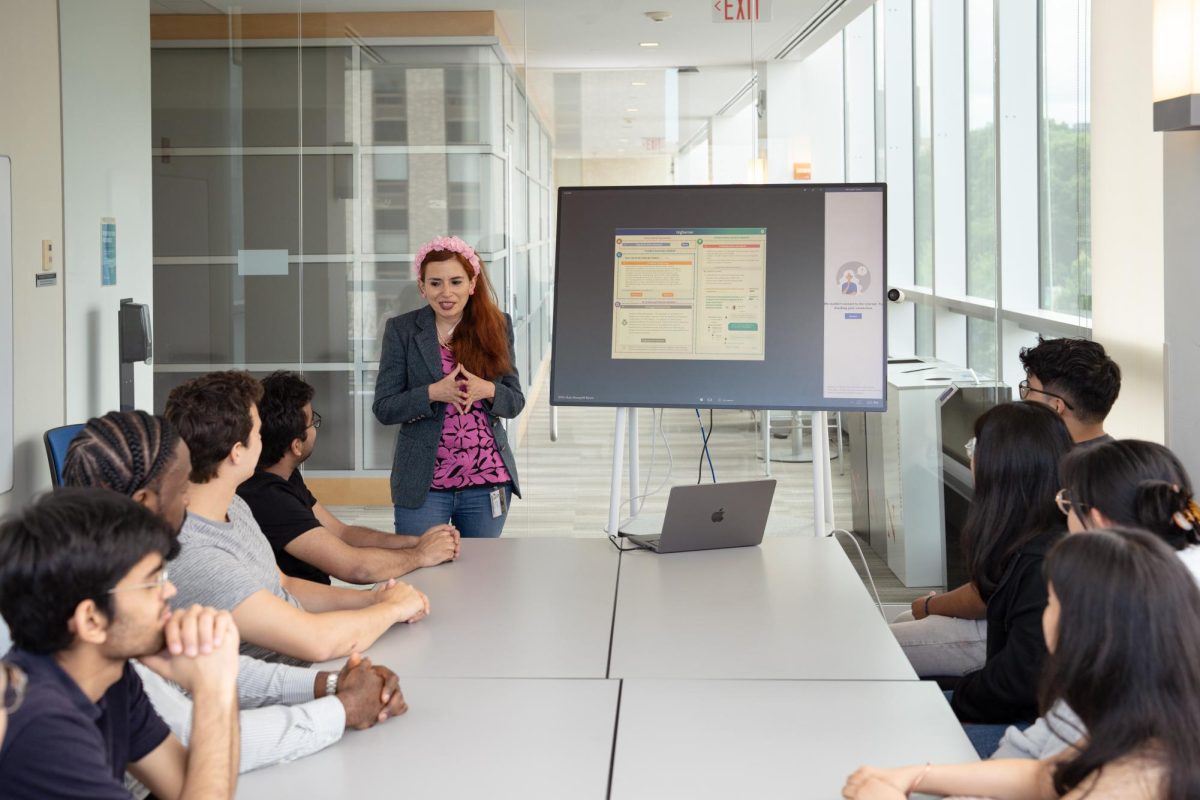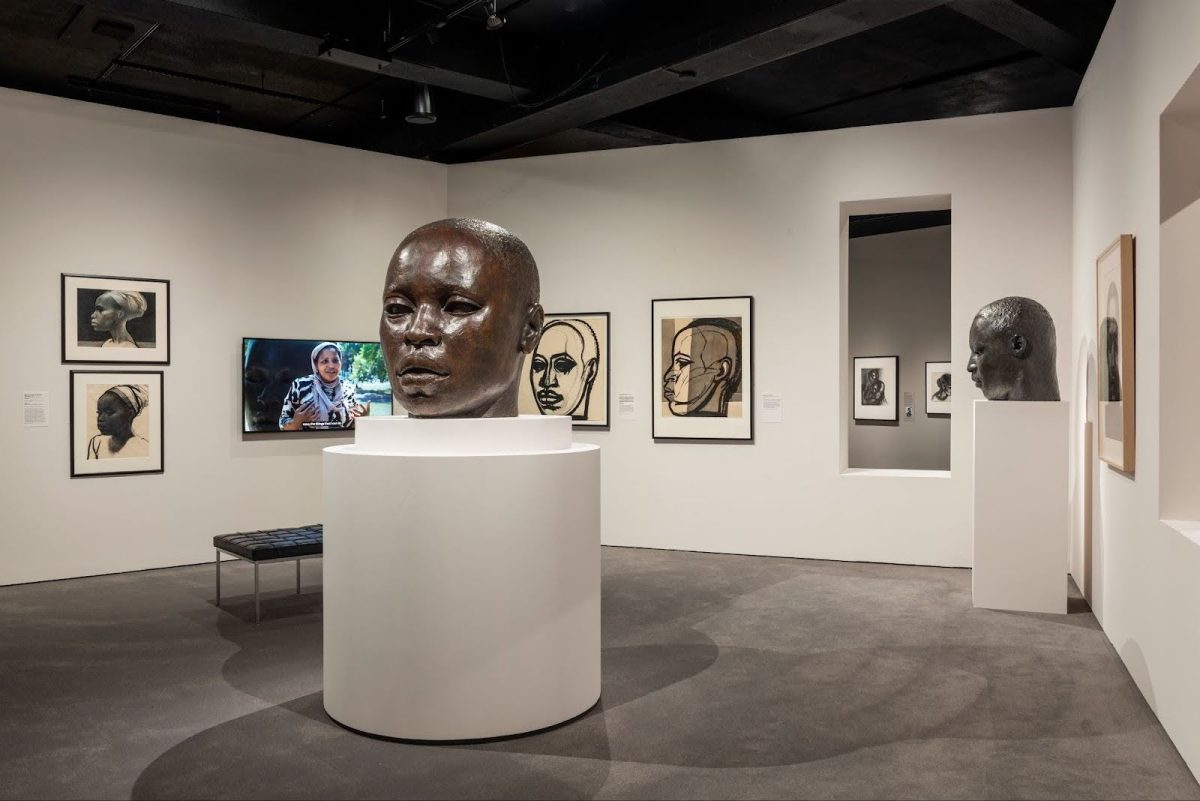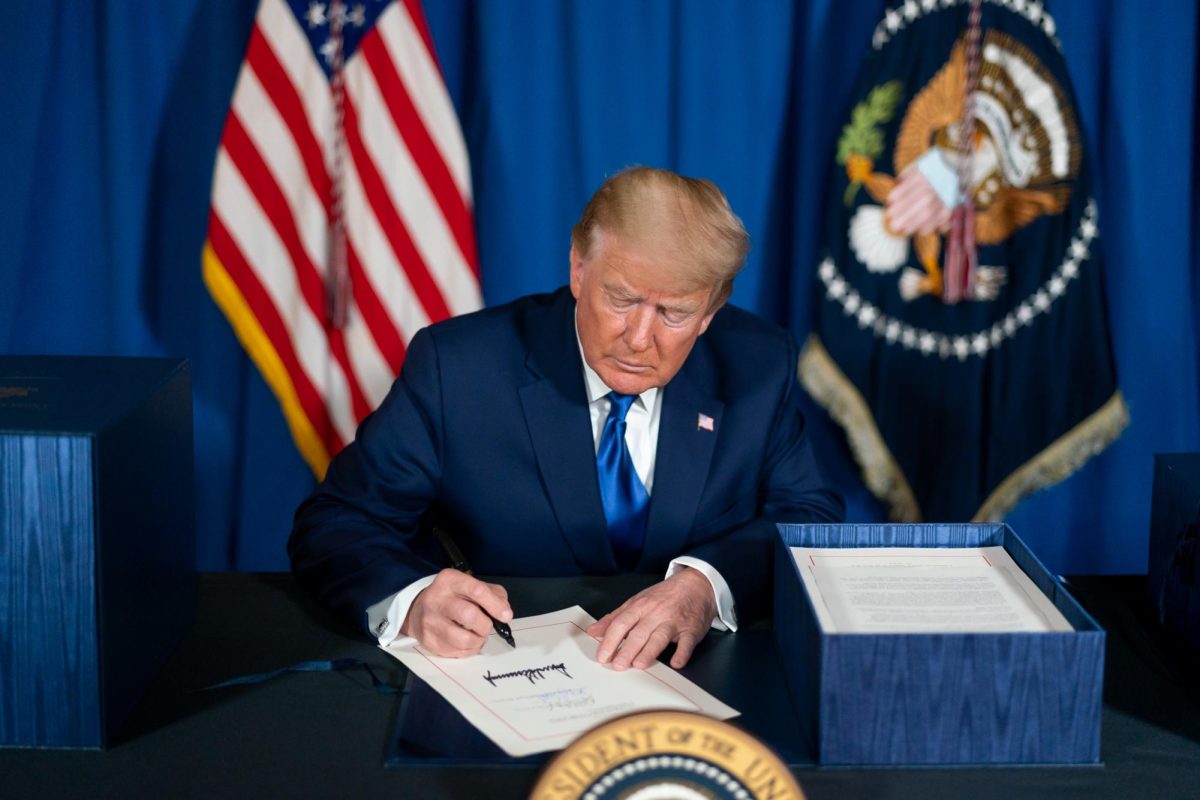New York Times reporters discuss debates, “fake news” at panel
New York Times journalists spoke to NU students last week.
October 31, 2019
Northeastern students and professors gathered in the John D. O’Bryant African American Institute Oct. 24 for a conversation with reporters from The New York Times. Panelists included National Editor Marc Lacey, Chicago Bureau Chief Monica Davey and Boston Bureau Chief Ellen Barry. Jonathan Kaufman, chair of the journalism department at NU, moderated the panel.
During the hour-long panel, the journalists covered a range of topics including the recent Democratic debate in Ohio, how to combat fake news and the importance of having journalists in the field.
Lacey, who moderated the last Democratic debate, said he went through six mock debates with twelve fake candidates in preparation. “We were extremely well prepared for all the things that could go awry,” Lacey said.
He shared that when Rep. Tulsi Gabbard called out CNN and The New York Times as “corporate media,” the journalists were not surprised because they experienced a similar incident during their mock debate.
“It was actually more intense in the mock debate than what happened on stage,” Lacey said.
Lacey said The New York Times was also criticized on social media for not addressing the issues of climate change and abortion during the debate. According to Lacey, the purpose of the debate was not to highlight important topics, but to identify disagreements among candidates on important issues and track changes in candidates’ responses.
When asked which Democratic candidate is best equipped to take on U.S. President Donald J. Trump during a presidential debate, Lacey did not name a specific candidate, but noted the importance of a nimble contender.
“You will not be able to be passive and stick to just talking points with Donald Trump,” he said.
Barry talked about her experiences reporting abroad. After spending 11 years abroad, Barry said coming back to the United States felt like “walking into a bar fight.”
Barry said she worries journalists won’t be able to do their jobs if they are constantly labeled as “fake news.”
“The New York Times is almost a character in this national drama, and that’s something I’m not used to,” Barry said.
Both the political right and the left have criticized The New York Times in the past, but Barry said journalists should not be players in a “political showdown.”
“I think our readers want us to call it as we see it,” Lacey noted. According to Lacey, reporters are here to listen.
“Our goal is not to insert ourselves in the political divide. We’re here to understand it,” Lacey said.
In response to a graduate student’s question about negative coverage of Mississippi, his home state, Davey encouraged the student to report it and said “the best stories are only the stories you can write. I write about Chicago because I know the place. I feel it in my heart.”
Lacey advised journalists to practice humility and understand that they do not have all the answers.
“I want our reporters to be open to all points of views on politics and to give everybody a listen,” Lacey said.


